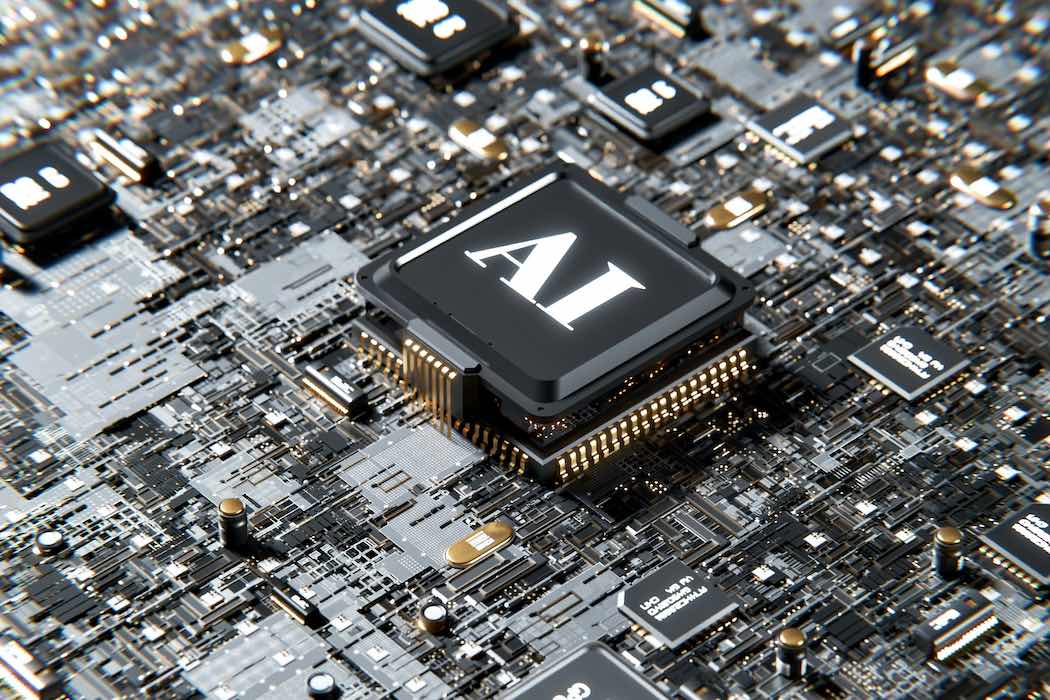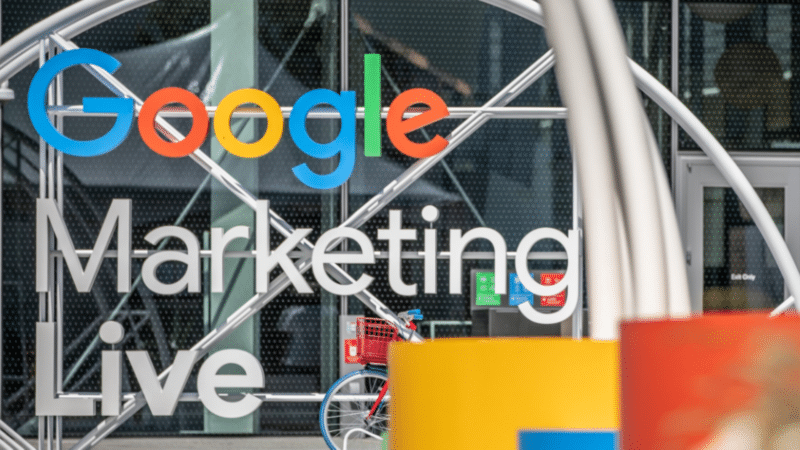Plus: Why Big Tech launches unreliable AI apps.
Welcome to A|I: The AI Times, covering the biggest AI, machine learning, big data, and automation news from around the globe.
Samsung Values Chip Customer Tenstorrent at $2 Billion
Samsung, the second-largest smartphone maker in the world, is leading a round of at least $300 million in Tenstorrent, a Toronto-based AI chip company helmed by CEO Jim Keller, an Apple and Tesla veteran. The deal values Tenstorrent at $2 billion before the investment, according to two people involved in the round.
Tenstorrent is one of several challengers looking to unseat Nvidia’s domination of the white-hot market for specialized chips that run AI models.
(The Information)
Parity closes $26-million CAD Series B round as it eyes new verticals, markets for HVAC optimization software
Toronto-based cleantech startup Parity has secured $26.1 million CAD ($19 million USD) in Series B financing to scale the adoption of its software solution aimed at reducing greenhouse gas emissions in urban buildings.
Parity was founded in 2016 by Brian Macleod, who now works as Parity’s director of data innovation, and CEO Brad Pilgrim. The startup claims it uses artificial intelligence to monitor and limit energy waste by remotely operating existing heating, ventilation, and cooling systems in real-time.
(BetaKit)
From hype to reality: why Big Tech is fine with launching unreliable AI apps
There is a pattern when it comes to the splashy launches of generative artificial intelligence applications from big tech companies. Once these products are in the hands of users, hype quickly gives way to reality, as the apps are found to be error prone and unreliable. A wave of negative media coverage ensues, occasionally followed by an explanation or apology from the offending company.
Indeed, some companies appear comfortable releasing high-profile but half-baked generative AI products amid intense competitive pressure, even if that means risking embarrassment. The concept of a minimum viable product, wherein a company releases a bare-bones application to test customer needs and demand before developing a full-featured version, is a long-standing one in the tech world. But generative AI companies are pushing that concept to the limit.
(The Globe and Mail)
French private equity firm Jolt Capital to open North American headquarters in Montréal
Jolt Capital, a private equity firm based in Paris, France, is crossing the pond, choosing Montréal as the site of its North American headquarters.
Clement Bourgogne, the former COO of Scale AI, Canada’s publicly funded AI innovation agency, has been tapped to act as Jolt’s director of investor relations for Canada.
Jolt was founded in 2011 and looks to invest in mid-sized European deeptech firms with revenues between €10 million and €50 million ($14.8 million and $74 million CAD).
(BetaKit)
Apple to ‘Pay’ OpenAI for ChatGPT Through Distribution, Not Cash
When Apple Inc. Chief Executive Officer Tim Cook and his top deputies this week unveiled a landmark arrangement with OpenAI to integrate ChatGPT into the iPhone, iPad and Mac, they were mum on the financial terms.
Apple isn’t paying OpenAI as part of the partnership, said the people, who asked not to be identified because the deal terms are private. Instead, Apple believes pushing OpenAI’s brand and technology to hundreds of millions of its devices is of equal or greater value than monetary payments, these people said.
(BNN Bloomberg)
Zero Point Cryogenics secures $2.67 million to help cool quantum computers
Edmonton-based Zero Point Cryogenics, which produces refrigerators and cryogenic equipment to keep quantum computers cool, has secured $2.67 million in non-dilutive funding.
The capital comes from Prairies Economic Development Canada, which contributed $1.95 million, and the City of Edmonton Edge Fund, which made up the remaining $723,500. Zero Point said the funding will be used on research and development, expanding its team, and driving a global sales effort.
(BetaKit)
The BetaKit Guide: Collision Week 2024
Last week, BetaKit learned Vancouver has an agreement with Collision parent company Web Summit to bring a rebranded version of the major North American technology conference to the West Coast in 2025.
For those ready to make the most of the last ever Collision conference in Toronto, kicking off on June 17, BetaKit will remain your go-to source for breaking news and conference insights.
In the meantime, we’ve created The BetaKit Guide: Collision Week 2024, presented by Interac.
The BetaKit Guide outlines the most anticipated speakers, recommendations for side parties and local hot spots, as well as tips for getting around, all provided by you, our readers.
(BetaKit)
For Geoffrey Hinton, the godfather of AI, machines are closer to humans than we think
Hinton: What I want to talk about is the issue of whether chatbots like ChatGPT understand what they’re saying. A lot of people think chatbots, even though they can answer questions correctly, don’t understand what they’re saying, that it’s just a statistical trick. And that’s complete rubbish.
(The Globe and Mail)
A match made by AI
The pitch to the recruiter was compelling.
No, the candidate didn’t have five years of experience, which had been listed as a prerequisite for the position. They did, however, boast comparable skills and relative experience within their four years of work history.
And they were actively looking for a role, unlike many of the others who would appear to be qualified candidates.
In short, this was not someone who should be overlooked. At least, according to AI.
(BetaKit)
AI will make money sooner than you’d think, says Cohere CEO Aidan Gomez
Cohere CEO Aidan Gomez joined The Verge’s Decoder podcast to discuss the benefit of competition, what AI can and can’t do, and Cohere’s path forward.
(The Verge)
Michelle McBane knows how to play the long game
It’s fitting that Michelle McBane’s first foray into venture capital was a bet that paid off.
Her journey in the space began as a short term assignment, when she was seconded by her employer to Primaxis Technology Ventures, one of its early-stage investments.
“As far as the idea that you put $1 in here and you’re going to get $2 back out, these companies aren’t at that point at all, and I like that early-stage gray area,” she said.
(BetaKit)
Elon Musk drops suit against OpenAI and Sam Altman
Elon Musk on Tuesday withdrew his lawsuit against OpenAI and two of the company’s co-founders, Sam Altman and Greg Brockman, in California state court. Musk’s decision to file to dismiss the suit came just one day after he publicly criticized OpenAI and its new partnership with Apple.
The case was dismissed without prejudice, according to a court filing obtained by CNBC.
(CNBC)




